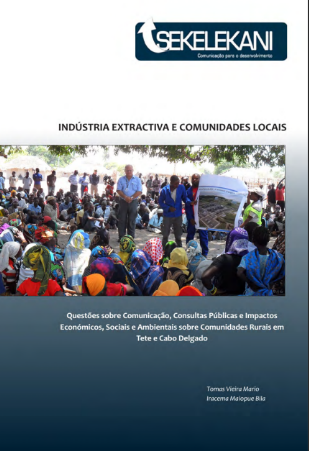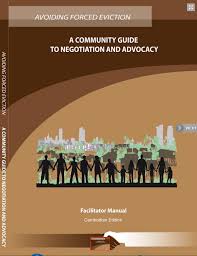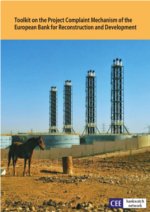Industria Extractiva e as Comunidades Locais
Um clima de agitação, ansiedade e incerteza, suscepơvel de levar a sérias tensões sociais, tem estado a crescer junto das comunidades do Distrito de Palma, nomeadamente da Vila-Sede e povoações circunvizinhas. Estratégias sinuosas e inconsistentes, de comunicação com as comunidades locais, entremeadas de indícios de atropelos à lei, por parte das autoridades governamentais a vários níveis, sobre o processo conducente à construção da Fábrica de Gás Natural Liquefeito, a ser explorado na Bacia do Rovuma, são a principal causa deste clima.








